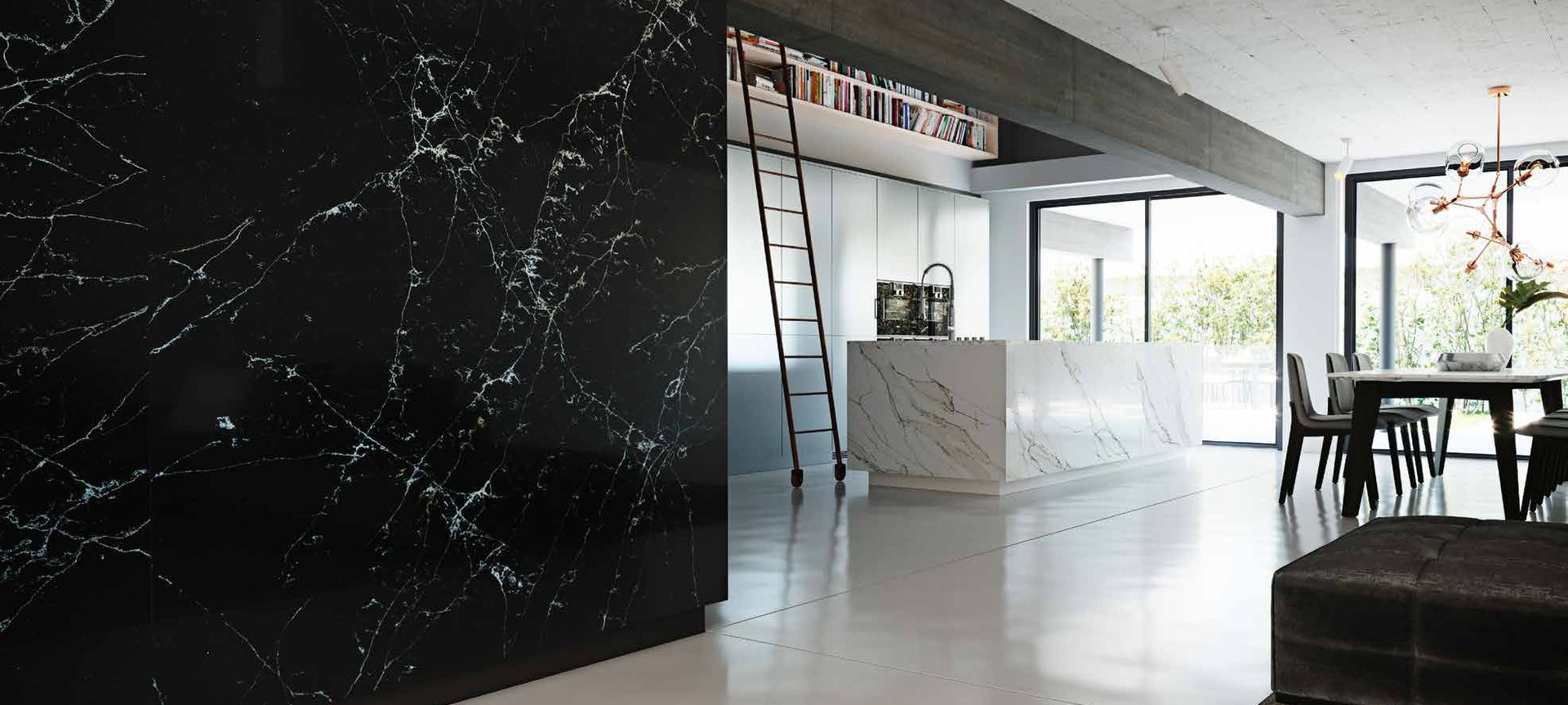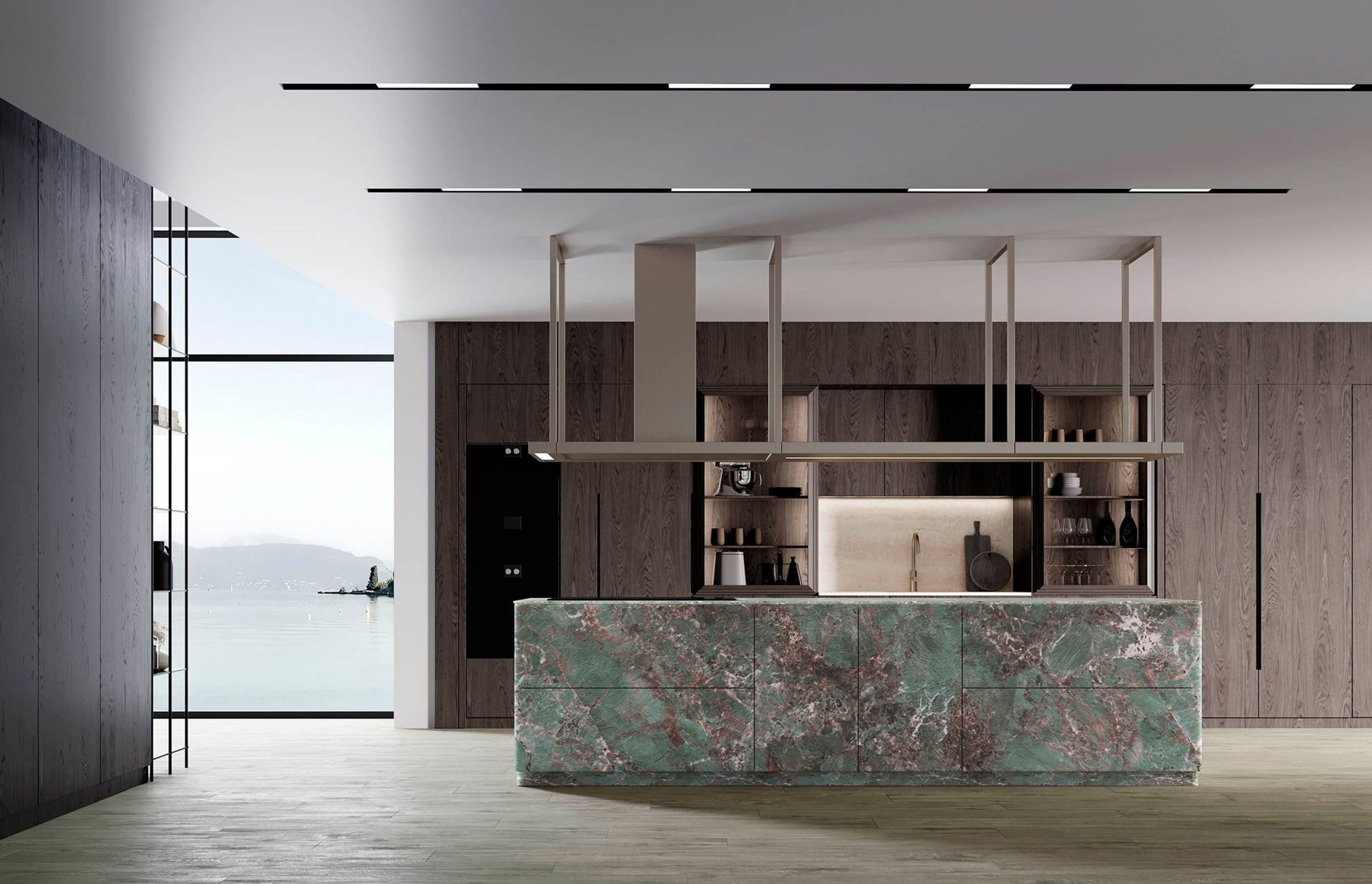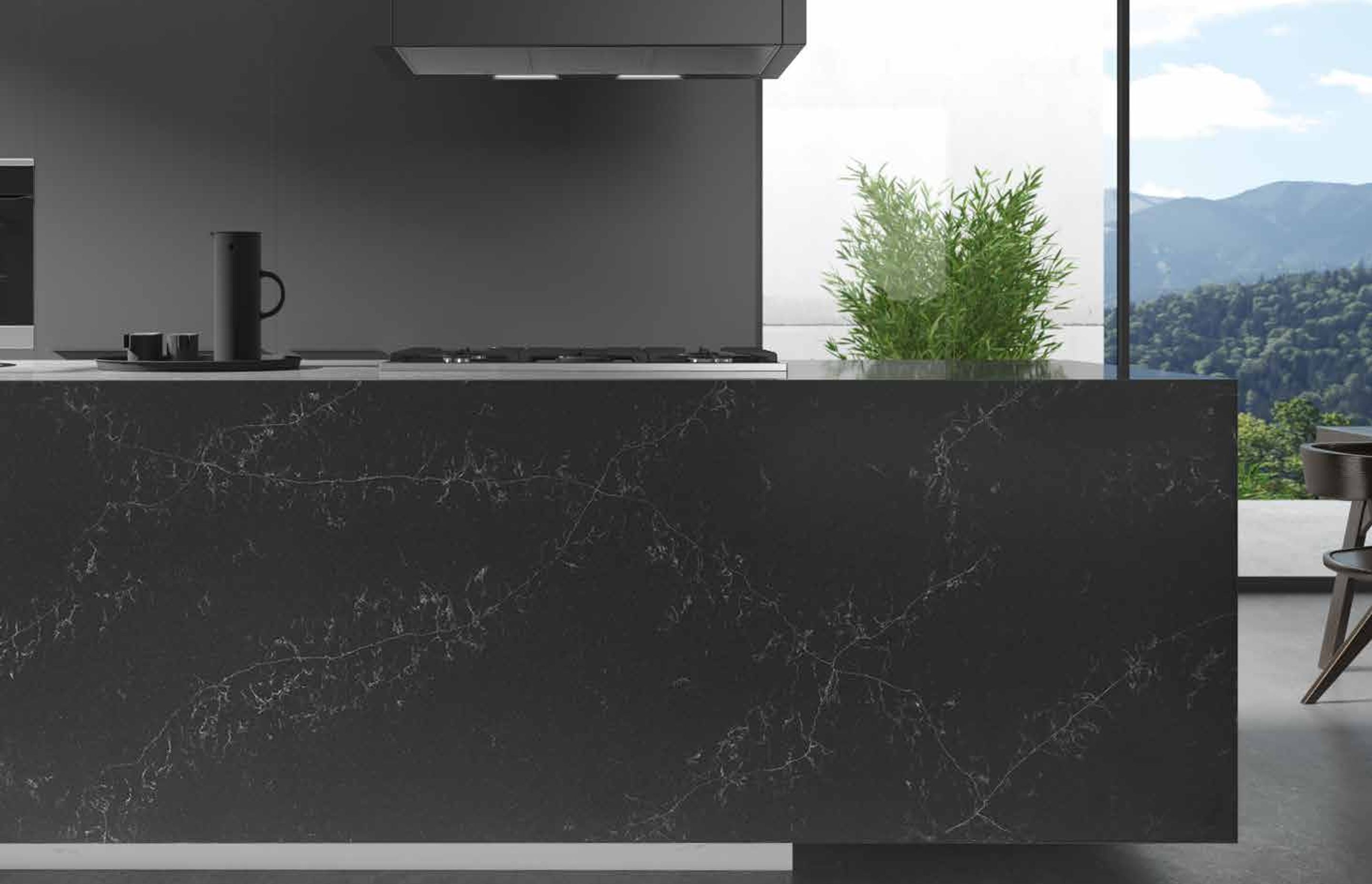Engineered stone and silica in New Zealand: how do you know what you’re getting?
Written by
27 June 2023
•
4 min read

In early 2019 when the emerging health issue of exposure to crystalline silica in the engineered stone industry came to light, WorkSafe set up a team to equip businesses and workers in the industry with accelerated silicosis prevention information and guidance on best practices.
In conjunction with these measures, the New Zealand Engineered Stone Advisory Group (NZESAG) was established for stone manufacturers to develop an accreditation programme for their customers and give best practice guidelines.
Universal Granite is one of the largest importers of stone in New Zealand, was one of the founding members of the advisory group and has worked with manufacturers to establish safety precautions around cutting stone and an accreditation process.
“The issue is when crystalline silica dust is inhaled into workers’ lungs when the stone is being cut, so some of the safety precautions involve cutting the stone wet so that dust isn’t created, and wearing masks,” says Universal Granite’s Tina Baroutsos.
In addition to these safety measures, a compliance team is tasked with ensuring manufacturers comply with safety measures so that workers and consumers can be assured that stone products are safe.
Engineered stone has much higher levels of crystalline silica than natural stone, and therefore poses a much greater health risk. In Australia, the regulatory body has implemented a 30% limit of crystalline silica in engineered stone from July, and Baroutsos says New Zealand is likely to follow suit, but that there is no imminent health risk for New Zealanders.
“I think it's an important thing to know that New Zealand has very low cases of silicosis and most of our fabricators are compliant, and that the risk is only when the stone is being cut, so it is of no risk to the end user.”
In the meantime, she says if consumers are concerned, they should ask their stone supplier about the levels of crystalline silica in their products, and the relationship they have with manufacturers.
Universal Granite stocks many low-crystalline silica options, including COMPAC, a Spanish stone manufacturer that is at the forefront of creating low-silica and zero-silica products.
“One of the products is called Obsidiana which has zero crystalline silica, but contains amorphous silica – a harmless form; there is also the Petra Terrazzo range, which is very low silica and also the Unique range is being transitioned to low or no, crystalline silica.”
COMPAC also has a range called Ice of Genesis, which is their designer range created by Arik Levy, who was awarded the Reddot “best of the best” 2022 Award for the stunning range.
“We are the exclusive distributors for Ascale porcelain, so big slabs of porcelain in really beautiful colours. Porcelain is also very low crystalline silica if people are concerned and it’s very hardy because it’s heat-resistant, cold-resistant, stain-resistant, and antibacterial.”
The Ascale Marbles range mimics the best of natural stone, whilst conferring the benefits of porcelain.

The porcelain range also offers a very exciting new innovation exclusive to Universal Granite in New Zealand, the TPB Tech Invisible Induction Hob which is an induction that's built underneath the porcelain, creating a seamless porcelain surface that can also be used as a hob.
Natural stones tend to have far lower levels of naturally occurring crystalline silica, and Universal’s expansive range, which includes limestones, travertine, marble, granite, and quartzite from all over the world, including Brazil, Italy, Turkey, Spain, Greece, India, and China, has levels of between 20-27%.
Baroutsos says it’s likely that New Zealand stone manufacturers will need to be accredited by NZESAG by the end of the year, to ensure they meet safety standards, but until then, she recommends talking to your stone experts if you have any concerns.
Universal Granite has showrooms in Auckland, Wellington and Christchurch, with experts on hand to discuss stone options.
Discover more beautiful stone products by Universal Granite
